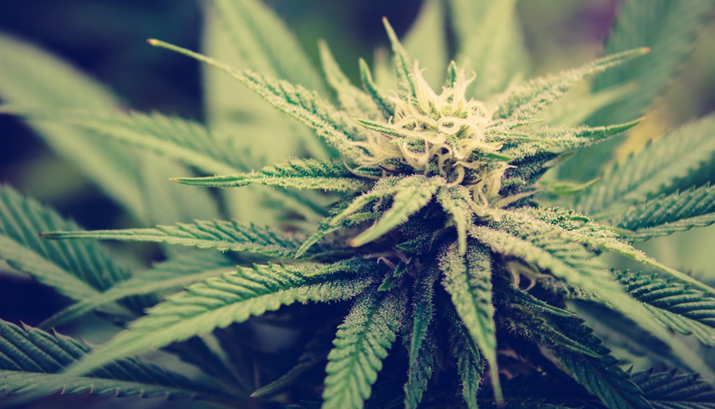
A new University of Arizona Health Sciences study published in the journal PAIN found that cannabis sativa terpenes were as effective as morphine at reducing chronic neuropathic pain and a combination of the two analgesics further enhanced pain relief without negative side effects.
Some prior studies have shown that the cannabis sativa plant and its two primary cannabinoids, tetrahydrocannabinol (THC) and cannabidiol (CBD) can be effective in managing chronic pain; however, the effects are generally moderate and can come with unwanted psychoactive side effects. However, terpenes, the compounds that give plants their aroma and taste, offer an alternative path to pain relief without adverse side effects.
“A question that we’ve been very interested in is could terpenes be used to manage chronic pain?” said lead researcher John Streicher, PhD, a member of the Comprehensive Center for Pain & Addiction and a professor of pharmacology at the College of Medicine – Tucson. “What we found is that terpenes are really good at relieving a specific type of chronic pain with side effects that are low and manageable.”
The terpenes were tested individually and compared with morphine. The research team found that each terpene was successful in reducing the sensation of pain at levels near to or above the peak effect of morphine. When the terpenes were combined with morphine, the pain-relieving effects of all five terpene/morphine combinations were significantly increased.
Finally, researchers tested different routes of terpene administration: injection, oral dosing and inhalation of vaporized pure terpenes. They found that when terpenes were given orally or inhaled, the effects were significantly reduced or absent.
“A lot of people vape or smoke terpenes as part of cannabis extracts that are available commercially in states where cannabis use is legal,” Streicher said “We were surprised to find that the inhalation route didn’t have an impact in this study, because there are a lot of at least anecdotal reports saying that you can get the effects of terpenes whether taken orally or inhaled. Part of the confounding factor is that terpenes smell quite nice and it’s hard to disguise that aroma, so people could be kind of having the psychosomatic placebo-style effect.”
 AZ Marijuana Arizona Marijuana Info
AZ Marijuana Arizona Marijuana Info






